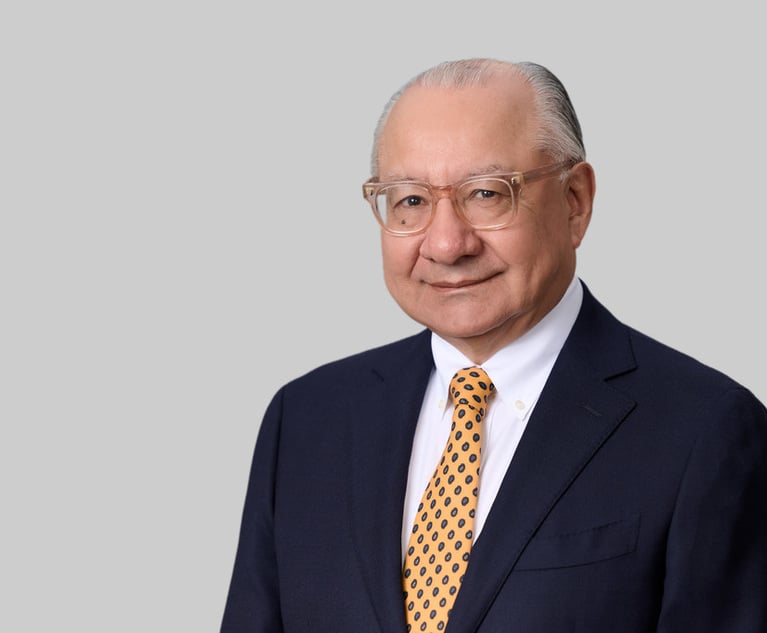It may soon be easier to take deposition and trial testimony from remote witnesses. Growing confidence in the use of real-time communications equipment to take the testimony of witnesses located elsewhere has generated proposed amendments to Florida’s rules of court procedure that may incentivize the use of such equipment—by allowing witnesses to be sworn in remotely. Currently, the rules require an officer who is legally authorized to administer oaths to swear in the witness while in the physical presence of the witness. This can be inconvenient, as officers may not be readily available where the witness is located. A witness who wishes to testify via television from her home or office, for example, could not do so unless the witness is before an officer who can swear her in. To eliminate such inconveniences, The Florida Bar’s Civil Procedure Rules Committee (CivPRC) and Rules of Judicial Administration Committee (RJAC) are proposing changes to Florida Rules of Civil Procedure 1.310 (Depositions Upon Oral Examination) and 1.451 (Taking Testimony) and Florida Rule of Judicial Administration 2.530 (Communication Equipment) that eliminate the physical presence requirement when testimony is taken by audiovisual communications equipment.
The CPRC’s and RJAC’s joint proposal provides, inter alia, that a remote witness can be sworn in remotely (i.e., through a television screen) when audiovisual equipment is used to take testimony. If the equipment used is not audiovisual (e.g., it is telephonic), the officer still must be present with the witness to administer the oath. The proposals do not affect who can administer oaths and the requirement that the officer who administers oaths be authorized to do so in accordance with the laws of the jurisdiction where the witness is located, as these are matters of statutory law.


 Miguel J. Chamorro, partner with Lydecker Diaz.
Miguel J. Chamorro, partner with Lydecker Diaz.




